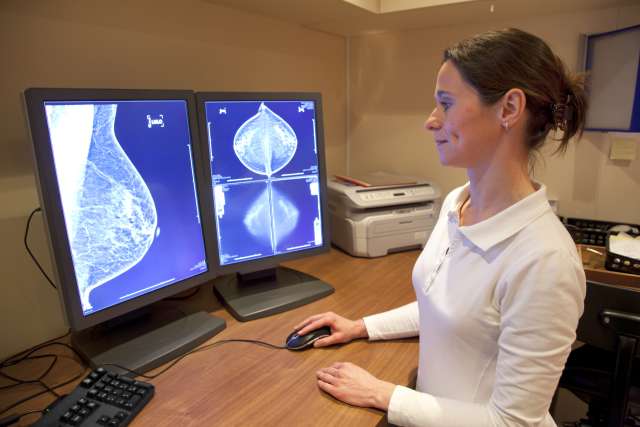Three new cancer researchers have joined the UCLA Health Jonsson Comprehensive Cancer Center to spearhead initiatives aimed at advancing the understanding of cancer prevention and treatment to help improve outcomes for people with cancer while also delving into the intricate economic dimensions of cancer's impact.
New appointments include:
Mina S. Sedrak, MD, MS, a nationally recognized physician-scientist, joins UCLA as an associate professor of medicine and the director of the Cancer and Aging Program, an interdisciplinary, translational, bench-to-bedside research program that studies the impact of cancer and cancer treatment on fundamental aging processes. The ultimate goal of this research is to develop new strategies to prevent, delay, or mitigate the adverse age-related effects of cancer and cancer treatment. Before joining UCLA, Sedrak was an associate professor of medical oncology & therapeutics research and the deputy director of the Center for Cancer and Aging at City of Hope.
Ya-Chen Tina Shih, PhD, joins UCLA as a professor of radiation oncology, with a joint appointment in the department of medicine. She will serve as the inaugural director of Cancer Health Economics, a new program at the Cancer Center that focuses on cancer health economics research and applies theories and methods of health economics to study economic aspects of cancer throughout the entire care continuum. The main areas of Shih’s research in this emerging field include: examining technology diffusion in cancer; applying econometric and statistical methods to analyze medical cost data and explore cost drivers; and assessing and measuring cancer-related financial hardship longitudinally to inform the development of mitigation strategies through interventions or policy actions. Prior to UCLA, Shih was a professor and chief of the section of cancer economics and policy in the department of health services research at the University of Texas MD Anderson Cancer Center.
Paul Spellman, PhD, joins UCLA as a professor of medicine in the division of hematology/oncology. His research works to apply genomic and computational technologies to improve human health with a primary emphasis on improving outcomes for people with cancer. The work in his lab focuses on all phases of cancer tech innovation, from technology/method development, to application of technologies to answer critical questions in cancer biology, to population studies to understand the impact of genetic variation of disease, and to implementation trials that directly impact health. Prior to joining UCLA, Spellman was a professor of molecular and medical genetics in the Oregon Health & Science University (OHSU) School of Medicine and co-leader of the Quantitative Oncology Program in the OHSU Knight Cancer Institute.






